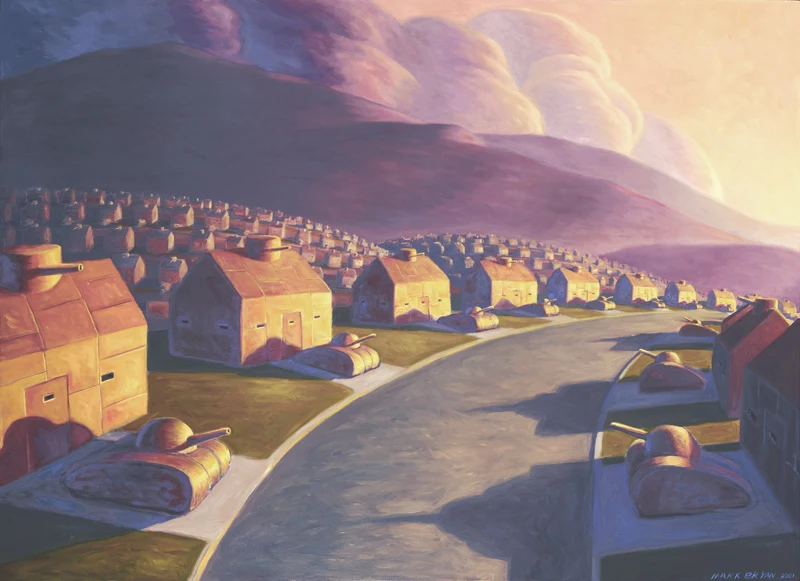Travel Advisory during a weather emergency:
"Essential travel only."
"May be significant inconveniences."
"Stay home."
"Don't drive unless you have to."
"Do not travel."
"State of emergency."
"Travel ban."
"Motorists can be fined or arrested if found driving on public roadways for a non-emergency reason."
"Flights cancelled."
Travel Advisory during a climate emergency:
"There is no emergency."
"No restrictions."
"Go, go, go!"
Are we in a climate emergency?
The following quotes are from “Don’t Mention The Emergency? Making The Case For Emergency Climate Action”, by Jane Morton.
“The emergency message is not reaching the public.”
“Time is running out to address the climate emergency, but there remains a vast gulf between what political leaders and the media say, and the truth.”
“All people have the right to know the truth and make informed choices in what has been referred to as The Age of Consequences”.
“In times of emergency, the priorities of communities shift radically: people readily support rationing or regulation of essential services and are willing to direct all available resources to the shared task of overcoming the crisis.”





















